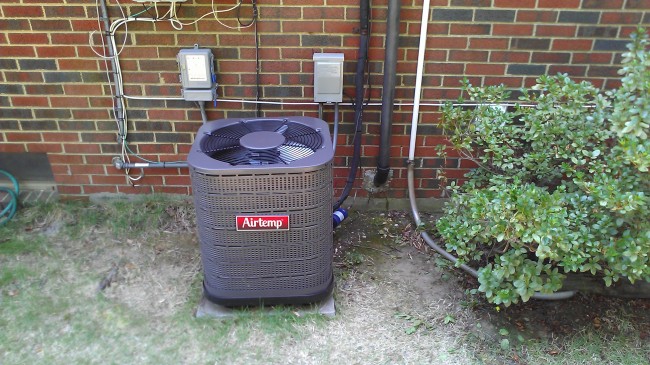
Air conditioner life expectancies average about 15 years, there’s a good chance you’ll be faced, at one time or another, with the prospect of changing air systems in your residence. When it comes to an air system install, there are several factors you’ll want to take into account to ensure you get optimal performance and the most energy efficient production from your new air conditioning unit.
Shop for Energy Star Appliances
In this day and age of environmental responsibility, it’s a good call to go with an energy star approved unit when changing air systems. Not only will your energy efficient unit be better for the environment, but it’s going to save you money in long run as well. Air conditioners are a major source of high energy costs during the summer months, and the more efficient unit you can install, the more savings you’ll see on your monthly electricity bill. Currently air conditioners must operate with a SEER rating of 10 to 17. The higher better, so talk to your HVAC contractor about purchasing an air conditioner with the highest SEER rating possible. The environment and your bank account will thank you in the end.
Changing Air Systems and Noise
Besides energy efficiency, talk to your air conditioning installer about installing the quietest unit possible. Cheap air conditioners can be a major source of noise pollution, especially when installed near bedroom windows, decks, and patios. Thinking ahead about placement when you decide on changing air systems can eliminate the noise factor altogether. Avoid areas close to windows, doors, patios, and decks. Also, avoid installing new air conditioning units between homes, to avoid noise complaints from the neighbors. Of course, if you choose to go with a higher-end appliance, the noise factor is reduced significantly. High end AC’s are manufactured with quiet in mind, meaning they run just as efficiently as lower end models without waking up the neighborhood.
Changing Air Systems and Shade
The other major factor to take into account is sun exposure. Any air conditioner, no matter how energy efficient, is going to have to work harder when placed in area that gets full sun for most of the day. Look for areas shaded by shrubs or your home, when choosing a place for your new unit to be installed. Doing so will ensure that your new air conditioner won’t have to work overtime to cool your home.
Try Maintenance Before a Full Air Systems Install
If your current air conditioner is failing, it’s a good idea to schedule a maintenance checkup before you shell out big dollars for a new air system install. The life span of your average air conditioning unit is 15 years, but that can be extended with the performance of regular maintenance visits. Your HVAC contractor should check the unit’s freon, its filter, and its general cleanliness, before recommending changing air systems altogether. Often your unit will just need a tune up, which is a whole lot cheaper than a new air system install.
Talk to a Professional
From deciding where to place your new air conditioner to choosing the properly sized unit for your home, talking to a licensed HVAC professional is the best way to ensure you’re getting the most bang for your buck. An HVAC professional will do everything from advising you on whether your ductwork is sufficient to whether your current electrical setup can handle the load demanded by a new system. Air conditioning installation is no easy chore. Hiring a pro is the only way to make sure you’ll get optimal performance from your new investment.
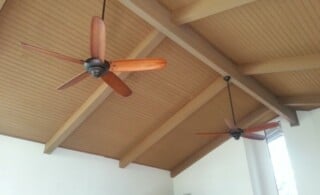 Ceiling Fan Installation
Ceiling Fan Installation 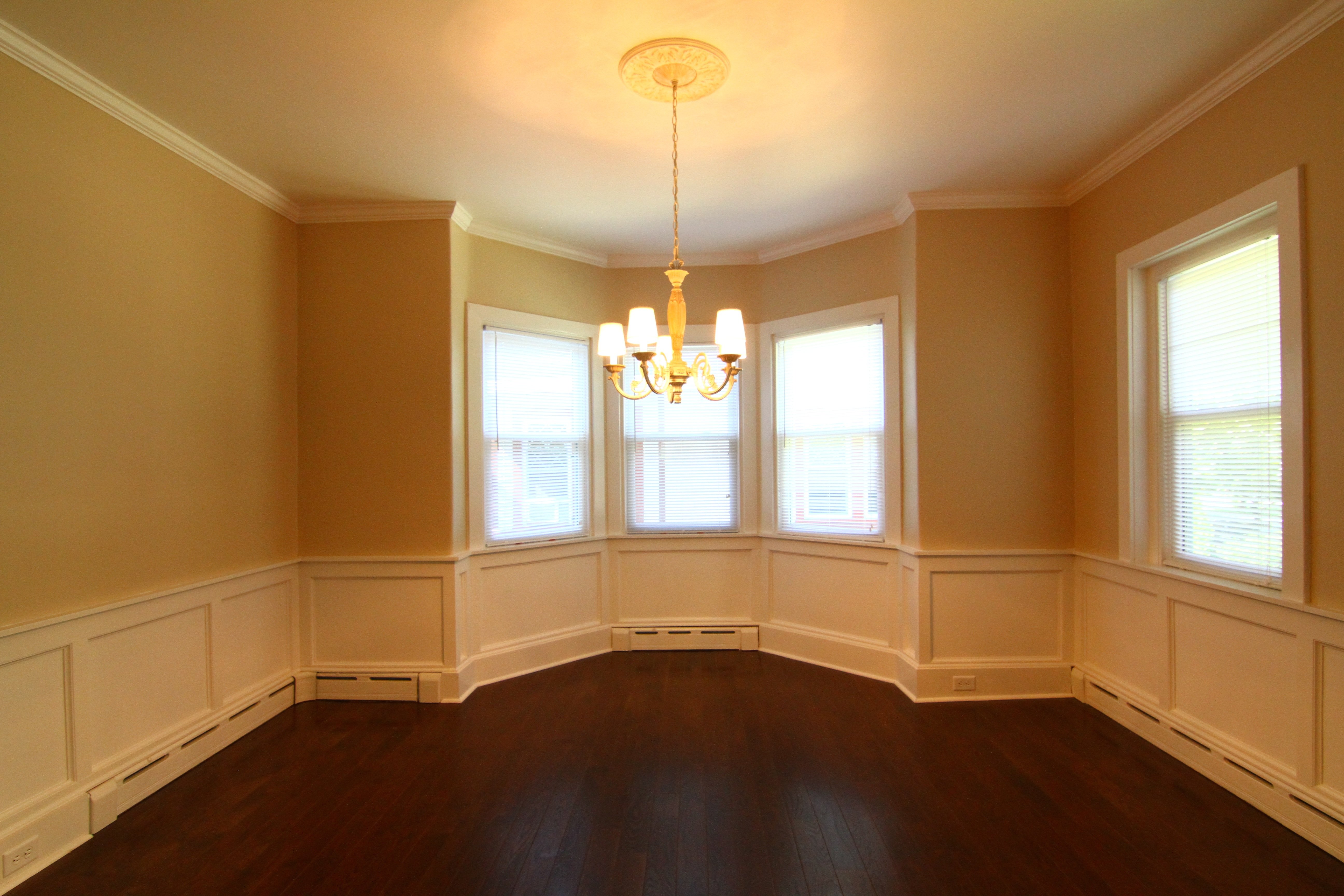 Baseboard Heating Options & Benefits
Baseboard Heating Options & Benefits 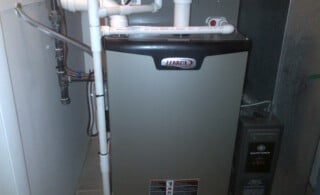 Forced Air Heating Systems – How They Work & Options
Forced Air Heating Systems – How They Work & Options 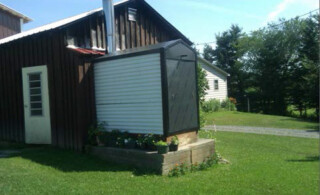 Heat your Home with an Outdoor Wood Boiler
Heat your Home with an Outdoor Wood Boiler  Consider Wood-Burning Furnaces
Consider Wood-Burning Furnaces 

Are You Familiar With This Topic? Share Your Experience.